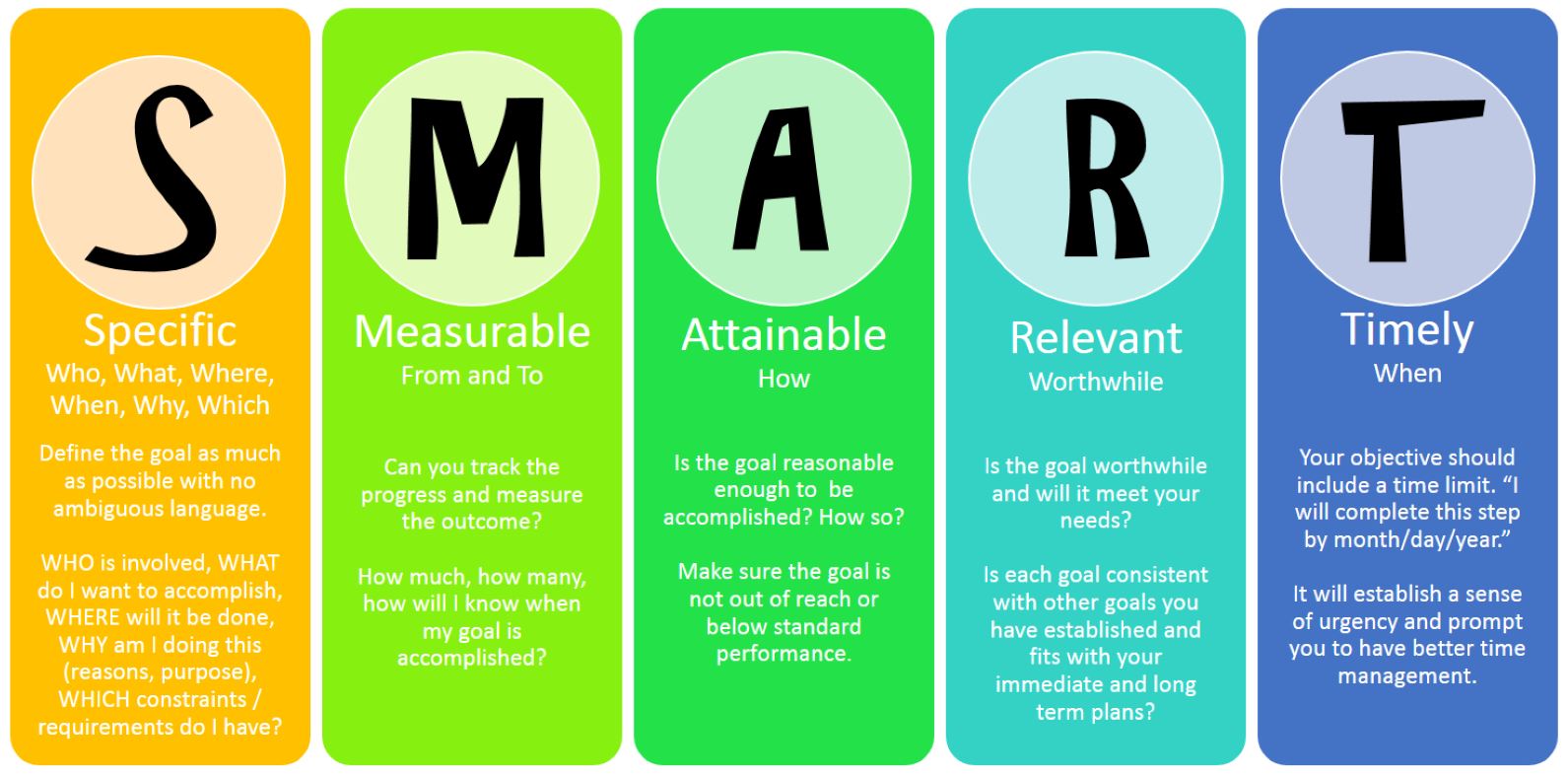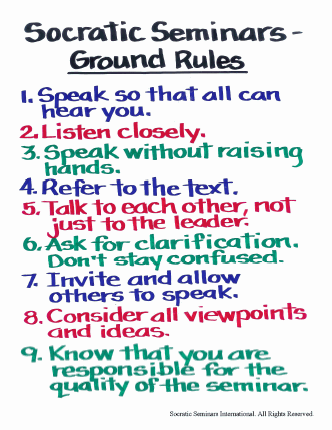March 29, 2018
Swift Seminar Alternate Assignment
Make sure that you complete both parts!
Part A
In a TPEQEA paragraph analyze one of the satirical techniques used in a Modest Proposal.
Part B
Reflect on the overall effectiveness of the satire and explain why it is or is not effective.
This should be five sentences long.
Due: April 13, 2018
Thursday, March 29, 2018
Peer Edit
April 9, 2018
Standard:
Analyze a case in which grasping a point of view requires distinguishing what is directly stated in a text from what is really meant (e.g., satire, sarcasm, irony, or understatement).
EQ: How does sarcasm, irony, and humor impact the meaning of a text?
Starter:
DWC
Create a Diagnostic Writing Concern for your peer to give you feedback on.
Vocabulary:
Word: Verbal Irony
Part of Speech: Noun
Dictionary Definition: occurs when a speaker speaks something contradictory to what he intends to say. It is an intentional product of the speaker, and is contradictory to his/her emotions and actions
Your Definition:
Activity: Give an example of verbal irony.
Word: Dramatic Irony
Part of Speech: Noun
Dictionary Definition: irony that is inherent in speeches or a situation of a drama and is understood by the audience but not grasped by the characters in the play
Your Definition:
Activity: Give an example of dramatic irony.
Word: Situational Irony
Part of Speech: Noun
Dictionary Definition: irony involving a situation in which actions have an effect that is opposite from what was intended, so that the outcome is contrary to what was expected.
Your Definition:
Activity: Give an example of situational irony.

Activity:
1. Peer Edit
Complete at least ONE peer edit for a peer.
Final Draft due: Wednesday, April 11.
Newspaper Templates
Make My Newspaper
Newspaper Templates
Make My Newspaper
Closure:
What are you most proud of so far?
What would you like to continue working on?
Satire Project Work Day
March 29, 2018
Standard:
CCSS.ELA-LITERACY.RL.11-12.6
Analyze a case in which grasping a point of view requires distinguishing what is directly stated in a text from what is really meant (e.g., satire, sarcasm, irony, or understatement).
Analyze a case in which grasping a point of view requires distinguishing what is directly stated in a text from what is really meant (e.g., satire, sarcasm, irony, or understatement).
EQ: How does sarcasm, irony, and humor impact the meaning of a text?
Starter:
Free Write Friday

Vocabulary:
Word: Verbal Irony
Part of Speech: Noun
Dictionary Definition: occurs when a speaker speaks something contradictory to what he intends to say. It is an intentional product of the speaker, and is contradictory to his/her emotions and actions
Your Definition:
Activity: Give an example of verbal irony.
Word: Dramatic Irony
Part of Speech: Noun
Dictionary Definition: irony that is inherent in speeches or a situation of a drama and is understood by the audience but not grasped by the characters in the play
Your Definition:
Activity: Give an example of dramatic irony.
Word: Situational Irony
Part of Speech: Noun
Dictionary Definition: irony involving a situation in which actions have an effect that is opposite from what was intended, so that the outcome is contrary to what was expected.
Your Definition:
Activity: Give an example of situational irony.

Activity:
We will review the requirements together.
Use the time today to plan and research.
Rough Draft due: Monday, April 9
Final Draft due: Wednesday, April 11.
Newspaper Templates
Make My Newspaper
Newspaper Templates
Make My Newspaper
Closure:
What are you most proud of so far?
What would you like to continue working on?
Tuesday, March 27, 2018
Satire Work Day
March 28, 2018
Standard:
CCSS.ELA-LITERACY.RL.11-12.6
Analyze a case in which grasping a point of view requires distinguishing what is directly stated in a text from what is really meant (e.g., satire, sarcasm, irony, or understatement).
Analyze a case in which grasping a point of view requires distinguishing what is directly stated in a text from what is really meant (e.g., satire, sarcasm, irony, or understatement).
EQ: How does sarcasm, irony, and humor impact the meaning of a text?
Starter:
Create a SMART goal for what you would like to accomplish today.

Vocabulary:
Word: Verbal Irony
Part of Speech: Noun
Dictionary Definition: occurs when a speaker speaks something contradictory to what he intends to say. It is an intentional product of the speaker, and is contradictory to his/her emotions and actions
Your Definition:
Activity: Give an example of verbal irony.
Word: Dramatic Irony
Part of Speech: Noun
Dictionary Definition: irony that is inherent in speeches or a situation of a drama and is understood by the audience but not grasped by the characters in the play
Your Definition:
Activity: Give an example of dramatic irony.
Word: Situational Irony
Part of Speech: Noun
Dictionary Definition: irony involving a situation in which actions have an effect that is opposite from what was intended, so that the outcome is contrary to what was expected.
Your Definition:
Activity: Give an example of situational irony.

Activity:
As a class, we will go over the three questions posted in the Google Doc.
Remediation is posted in usatesptrep as 2 remediation 3/19 and is due on April 11.
We will review the requirements together.
Use the time today to plan and research.
Rough Draft due: Monday, April 9
Final Draft due: Tuesday, April 10.
Newspaper Templates
Make My Newspaper
Newspaper Templates
Make My Newspaper
Closure:
What is one thing you learned about your issue?
Friday, March 23, 2018
Satire Planning Day
March 27, 2018
Standard:
CCSS.ELA-LITERACY.RL.11-12.6
Analyze a case in which grasping a point of view requires distinguishing what is directly stated in a text from what is really meant (e.g., satire, sarcasm, irony, or understatement).
Analyze a case in which grasping a point of view requires distinguishing what is directly stated in a text from what is really meant (e.g., satire, sarcasm, irony, or understatement).
EQ: How does sarcasm, irony, and humor impact the meaning of a text?
Starter:
Create a SMART goal for what you would like to accomplish today.

Vocabulary:
Word: Verbal Irony
Part of Speech: Noun
Dictionary Definition: occurs when a speaker speaks something contradictory to what he intends to say. It is an intentional product of the speaker, and is contradictory to his/her emotions and actions
Your Definition:
Activity: Give an example of verbal irony.
Word: Dramatic Irony
Part of Speech: Noun
Dictionary Definition: irony that is inherent in speeches or a situation of a drama and is understood by the audience but not grasped by the characters in the play
Your Definition:
Activity: Give an example of dramatic irony.
Word: Situational Irony
Part of Speech: Noun
Dictionary Definition: irony involving a situation in which actions have an effect that is opposite from what was intended, so that the outcome is contrary to what was expected.
Your Definition:
Activity: Give an example of situational irony.

Activity:
We will review the requirements together.
Use the time today to plan and research.
Rough Draft due: Monday, April 9
Final Draft due: Tuesday, April 10.
Newspaper Templates
Make My Newspaper
Newspaper Templates
Make My Newspaper
Closure:
What is one thing you learned about your issue?
Thursday, March 22, 2018
Satire Work Day
March 23, 2018
Standard:
CCSS.ELA-LITERACY.RL.11-12.6
Analyze a case in which grasping a point of view requires distinguishing what is directly stated in a text from what is really meant (e.g., satire, sarcasm, irony, or understatement).
Analyze a case in which grasping a point of view requires distinguishing what is directly stated in a text from what is really meant (e.g., satire, sarcasm, irony, or understatement).
EQ: How does sarcasm, irony, and humor impact the meaning of a text?
Starter:
Free Write Friday

Vocabulary:
Word: Verbal Irony
Part of Speech: Noun
Dictionary Definition: occurs when a speaker speaks something contradictory to what he intends to say. It is an intentional product of the speaker, and is contradictory to his/her emotions and actions
Your Definition:
Activity: Give an example of verbal irony.
Word: Dramatic Irony
Part of Speech: Noun
Dictionary Definition: irony that is inherent in speeches or a situation of a drama and is understood by the audience but not grasped by the characters in the play
Your Definition:
Activity: Give an example of dramatic irony.
Word: Situational Irony
Part of Speech: Noun
Dictionary Definition: irony involving a situation in which actions have an effect that is opposite from what was intended, so that the outcome is contrary to what was expected.
Your Definition:
Activity: Give an example of situational irony.

Activity:
We will review the requirements together.
Use the time today to plan and research.
Rough Draft due: Monday, April 9
Final Draft due: Tuesday, April 10.
Newspaper Templates
Make My Newspaper
Newspaper Templates
Make My Newspaper
Closure:
What is one thing you learned about your issue?
Wednesday, March 21, 2018
Modest Proposal Planning
March 22, 2018
Standard:
CCSS.ELA-LITERACY.RL.11-12.6
Analyze a case in which grasping a point of view requires distinguishing what is directly stated in a text from what is really meant (e.g., satire, sarcasm, irony, or understatement).
Analyze a case in which grasping a point of view requires distinguishing what is directly stated in a text from what is really meant (e.g., satire, sarcasm, irony, or understatement).
EQ: How does sarcasm, irony, and humor impact the meaning of a text?
Starter:
What topical issue do you think you are going to base your satire on? Why?

Vocabulary:
Word: Verbal Irony
Part of Speech: Noun
Dictionary Definition: occurs when a speaker speaks something contradictory to what he intends to say. It is an intentional product of the speaker, and is contradictory to his/her emotions and actions
Your Definition:
Activity: Give an example of verbal irony.
Word: Dramatic Irony
Part of Speech: Noun
Dictionary Definition: irony that is inherent in speeches or a situation of a drama and is understood by the audience but not grasped by the characters in the play
Your Definition:
Activity: Give an example of dramatic irony.
Word: Situational Irony
Part of Speech: Noun
Dictionary Definition: irony involving a situation in which actions have an effect that is opposite from what was intended, so that the outcome is contrary to what was expected.
Your Definition:
Activity: Give an example of situational irony.

Activity:
We will review the requirements together.
Use the time today to plan and research.
Rough Draft due: Monday, April 9
Closure:
What is one thing you learned about your issue?
Tuesday, March 20, 2018
Modest Proposal Seminar
March 21, 2018
Standard:
CCSS.ELA-LITERACY.RL.11-12.6
Analyze a case in which grasping a point of view requires distinguishing what is directly stated in a text from what is really meant (e.g., satire, sarcasm, irony, or understatement).
Analyze a case in which grasping a point of view requires distinguishing what is directly stated in a text from what is really meant (e.g., satire, sarcasm, irony, or understatement).
EQ: How does sarcasm, irony, and humor impact the meaning of a text?
Starter:
Switch papers with a partner.
Evaluate each others questions, making sure each question is appropriate for the type.

Vocabulary:
Word: Verbal Irony
Part of Speech: Noun
Dictionary Definition: occurs when a speaker speaks something contradictory to what he intends to say. It is an intentional product of the speaker, and is contradictory to his/her emotions and actions
Your Definition:
Activity: Give an example of verbal irony.
Word: Dramatic Irony
Part of Speech: Noun
Dictionary Definition: irony that is inherent in speeches or a situation of a drama and is understood by the audience but not grasped by the characters in the play
Your Definition:
Activity: Give an example of dramatic irony.
Word: Situational Irony
Part of Speech: Noun
Dictionary Definition: irony involving a situation in which actions have an effect that is opposite from what was intended, so that the outcome is contrary to what was expected.
Your Definition:
Activity: Give an example of situational irony.

Activity:
1. Nonfiction Analysis and Socratic Seminar
Socratic Seminar
Analyze the purpose of the Modest Proposal and the satirical techniques used.
Connect the satire to our current society.

We will review the requirements together.
Tomorrow you will have time to plan and research.
Rough Draft due: Monday, April 9
Final Draft due: Tuesday, April 10.
Closure:
Write a five sentence reflection on the quality of the seminar.
Monday, March 19, 2018
Modest Proposal Discussion
March 20, 2018
Standard:
CCSS.ELA-LITERACY.RL.11-12.6
Analyze a case in which grasping a point of view requires distinguishing what is directly stated in a text from what is really meant (e.g., satire, sarcasm, irony, or understatement).
Analyze a case in which grasping a point of view requires distinguishing what is directly stated in a text from what is really meant (e.g., satire, sarcasm, irony, or understatement).
EQ: How does sarcasm, irony, and humor impact the meaning of a text?
Starter:
Reflect on the satirical techniques used in Modest Proposal.
Select one quote that you think is the most effective and share why.

Vocabulary:
Word: Verbal Irony
Part of Speech: Noun
Dictionary Definition: occurs when a speaker speaks something contradictory to what he intends to say. It is an intentional product of the speaker, and is contradictory to his/her emotions and actions
Your Definition:
Activity: Give an example of verbal irony.
Word: Dramatic Irony
Part of Speech: Noun
Dictionary Definition: irony that is inherent in speeches or a situation of a drama and is understood by the audience but not grasped by the characters in the play
Your Definition:
Activity: Give an example of dramatic irony.
Word: Situational Irony
Part of Speech: Noun
Dictionary Definition: irony involving a situation in which actions have an effect that is opposite from what was intended, so that the outcome is contrary to what was expected.
Your Definition:
Activity: Give an example of situational irony.

Activity:
1. Chalk Talk
With your tables, reflect on the satirical proposal.
Identify the sentence that creates the best criticism using a satirical technique.
Explain your reasoning.
Post this somewhere in the room for your classmates to react to it.
2. Nonfiction Analysis and Socratic Seminar Prep
Answer the questions for the analysis and additionally create questions for a seminar Wednesday.
Socratic Seminar
Analyze the purpose of the Modest Proposal and the satirical techniques used.
Connect the satire to our current society.
We will have this seminar tomorrow.
2. Nonfiction Analysis and Socratic Seminar Prep
Answer the questions for the analysis and additionally create questions for a seminar Wednesday.
Socratic Seminar
Analyze the purpose of the Modest Proposal and the satirical techniques used.
Connect the satire to our current society.
We will have this seminar tomorrow.
Closure:
Using the learning target, assess your understanding of satirical techniques.
Explain your reasoning.
Subscribe to:
Comments (Atom)